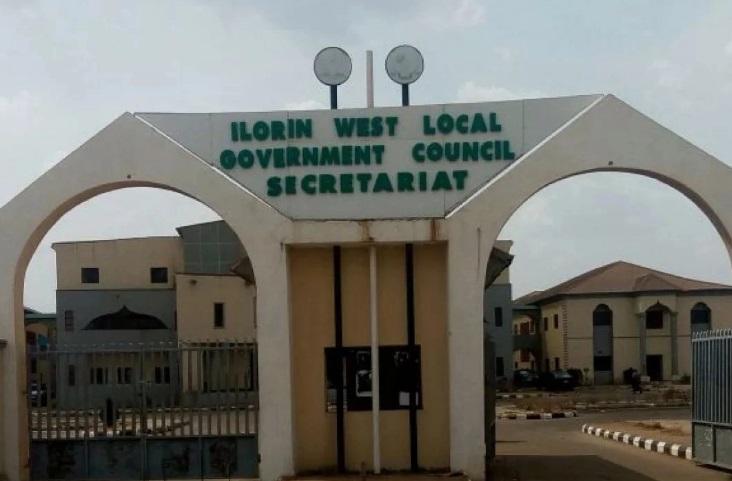Initiative for Leadership Development and Change (ILDC), an NGO, on Saturday applauded the “courage” of the Nigerian Financial Intelligence Unit (NFIU) for its new policy seeking to grant Local Government Areas (LGAs) financial autonomy.
President of the group, Chief Ugochukwu Nnam, told News Agency of Nigeria (NAN) in Abuja that local governments’ joint accounts with states was a form of corruption.
NAN recalls that NFIU recently released guidelines barring financial institutions from allowing transactions from State Joint Local Government Accounts (SJLGA), and approving that funds be disbursed to local governments’ accounts, strengthening the financial autonomy of the LGAs.
The new policy is intended to address gross misappropriation, corruption, money laundering, and security threats at the grassroots level.
Nnam said that the joint account had left local governments financially emasculated and exploited by governors.
“Nigerians should join hands and say no to joint account with states because it is the cause of underdevelopment in the rural areas.
“Above all, it is corruption personified because the monies are often diverted after local government workers’ salaries are allocated to the chairmen,” Nnam alleged.
The ILDC boss said the move by NFIU, headed by Mr Modibbo Hamman-Tukur as the Director, was in accordance with President Muhammadu Buhari’s war against corruption.
He underscored the need to grant more autonomy to local governments to enable them to achieve the objectives for which they were created.
According to him, local governments were created in 1976 to take development and government closer to the people at the grassroots.
NAN reports that local governments were created to be responsible the following: establishment and maintenance of cemeteries, burial grounds, and homes for the destitute or infirm.
They are also to license bicycles, trucks (other than mechanically propelled trucks), canoes, wheel barrows and carts as well as establish, maintain, and regulate markets, motor parks, and public conveniences.
They are to also construct and maintain roads, streets, drains, and other public highways, parks, and open spaces.
The naming of roads and streets and numbering of houses as well as provision and maintenance of public transportation and refuse disposal are some of the responsibilities of local governments. (NAN)




 Premier League
Premier League